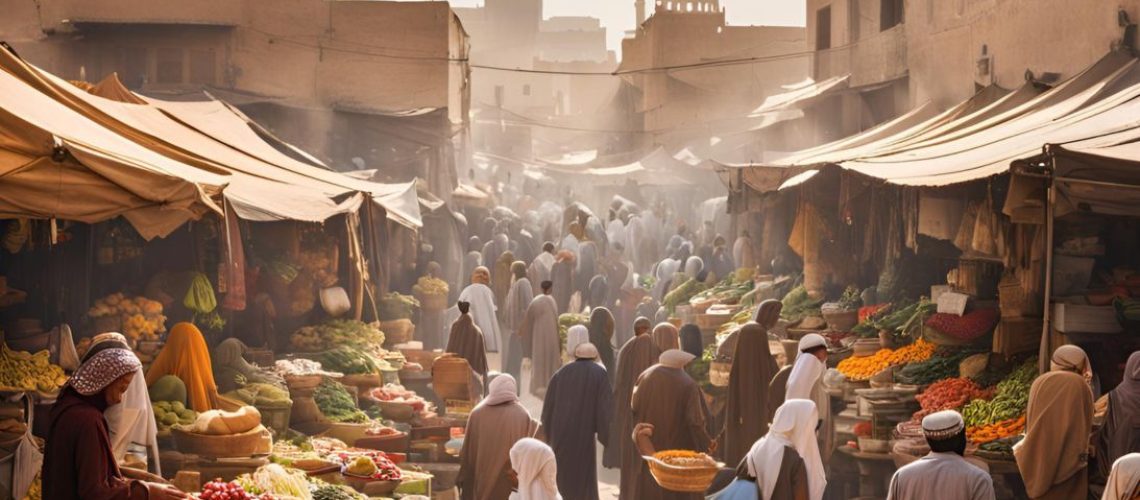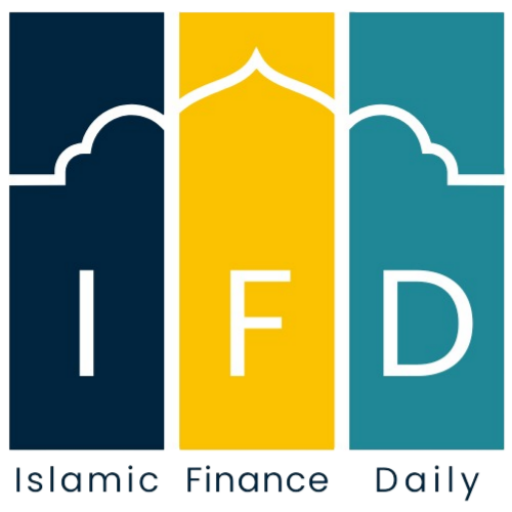Introduction
In a world dominated by capitalism and interest-based financial systems, the Islamic economic system stands as a beacon of fairness and justice. Unlike conventional systems that often prioritize profit over ethics, Islamic economics integrates moral values with financial practices. This article explores the foundations, principles, and significance of the Islamic economic system, shedding light on how it promotes equity and prosperity.
Table of Contents
ToggleThe Foundations of the Islamic Economic System
What Makes Islamic Economics Unique?
Islamic economics is built on the principles of fairness, equity, and social justice. Unlike secular economic systems, it derives its framework from divine guidance, ensuring that financial activities align with ethical and moral values. This system seeks to create a balanced society where wealth circulates fairly, avoiding exploitation and inequality.
The Prohibition of Riba (Interest)
One of the cornerstones of Islamic economics is the prohibition of Riba, or interest. Riba refers to any predetermined return on loans, regardless of the outcome of the borrower’s ventures. The Quran explicitly forbids this practice:
“And Allah has permitted trade and has forbidden interest.” (Quran 2:275)
Riba leads to economic imbalances, exploitation, and social injustices. By eliminating interest-based transactions, Islamic economics encourages risk-sharing, fostering cooperation and mutual benefit in financial dealings.
Key Principles of Wealth Distribution in Islam
Wealth as a Trust from Allah
In Islam, wealth is viewed as a trust from Allah. Individuals are merely custodians, responsible for using it in ways that benefit society. This perspective is rooted in the Quranic verse:
“And give them from the wealth of Allah which He has given you.” (Quran 24:33)
This approach prevents greed and promotes accountability in financial matters.
Fair Distribution of Wealth
The Islamic economic system emphasizes the equitable distribution of wealth through mechanisms like Zakat, a mandatory charitable contribution. Zakat ensures that wealth flows from the affluent to the less fortunate, reducing economic disparities. The Quran states:
“Take from their wealth a charity by which you purify them and cause them increase.” (Quran 9:103)
Moreover, Islam discourages hoarding wealth, advocating for its productive use in society.
Encouragement of Charity and Welfare
Beyond obligatory acts like Zakat, Islam strongly encourages voluntary charity (Sadaqah). These acts of kindness foster community welfare and collective prosperity, aligning with the broader goal of establishing a just society.
The Economic Philosophy of Islam
Balancing Worldly and Spiritual Goals
Islamic economics stresses that wealth is a means to an end, not an end in itself. While pursuing economic success is encouraged, it must not overshadow spiritual and ethical responsibilities. This balance ensures holistic well-being for individuals and society. The Quran advises:
“But seek, through that which Allah has given you, the home of the Hereafter; and [yet], do not forget your share of the world.” (Quran 28:77)
Moral and Ethical Foundations
Honesty, fairness, and transparency are pillars of Islamic economic practices. Deceit, fraud, and exploitation are strictly prohibited, promoting trust and integrity in trade and commerce.
Comparison with Other Economic Systems
Capitalism vs. Islamic Economics
Capitalism often prioritizes individual wealth accumulation, granting absolute property rights. In contrast, Islamic economics imposes ethical restrictions, ensuring that wealth serves societal needs rather than personal greed. The Quran warns against selfishness:
“And those who hoard gold and silver and spend it not in the way of Allah – give them tidings of a painful punishment.” (Quran 9:34)
Socialism vs. Islamic Economics
While socialism denies private property, Islam acknowledges individual ownership but mandates its use for communal benefit. This balance addresses both individual rights and collective responsibilities.
The Role of Islamic Finance in Today’s World
Growing Importance of Islamic Finance
The Islamic finance industry has grown significantly, offering ethical alternatives to conventional financial practices. Its principles of risk-sharing and transparency resonate with global audiences seeking sustainable economic solutions.
Applications of Islamic Economic Principles
Islamic financial tools like Sukuk (Islamic bonds), Takaful (Islamic insurance), and profit-sharing models exemplify the practical implementation of these principles. These instruments align with Shariah, promoting ethical investments and shared prosperity.
Challenges and Opportunities
Despite its growth, Islamic finance faces challenges such as misconceptions and limited awareness. Bridging the gap between theory and practice is essential to unlock its full potential in fostering economic justice.
Conclusion
The Islamic economic system offers a comprehensive framework for achieving economic justice and social welfare. By prioritizing ethical practices and equitable wealth distribution, it paves the way for a prosperous and harmonious society. As the world grapples with economic inequalities, embracing the principles of Islamic economics can lead to a more just and sustainable future.



